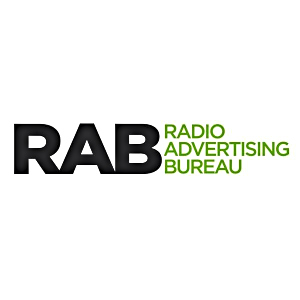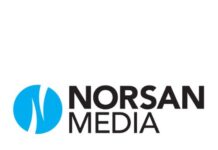
Yesterday we reported about how SiriusXM took aim at radio in an e-mail marketing piece that said consumers were wasting their time with AM/FM Radio. Late in the day, the RAB struck back. Here’s how the organization responded to the Satellite company.
The RAB e-mail response started out with: “Negative advertising, selling products or services by putting the competition down, is a marketing strategy that demonstrates a lack of strength in the product or service as a standalone. In the case of SiriusXM, when taking a look at their most recent earnings report, it’s no wonder their strategy was to go after the undisputed leader in the audio space, AM/FM broadcast radio.”
The RAB e-mail then went on to include these bullet points:
- Radio reaches 218M people 18+ weekly as compared to SiriusXM’s 34M subscribers. (Sources: Nielsen, RADAR 153, June 2022; SXM Q1 2022 Results)
- Radio reaches 93% of adults every month compared to satellite radio at 13%. (Source: Nielsen Audio Today 2022, June 2022)
- Most people listen to AM/FM radio and not SiriusXM – 76% of people listen to AM/FM radio while 11% only listen to SiriusXM (Source: Edison Research Share of Ear Q2 2021-Q1 2022)
- AM/FM radio is the audio source used most often in the car: 43% of adults use it vs. 14% using SiriusXM with an even greater gap among Hispanic and Black audiences. (Source: The Infinite Dial 2022, Edison Research/Wondery/ART19)
- 51% of radio listeners state that their connection with radio is a main reason why they listen and 62% of radio listeners state that radio’s on-air personalities are a main reason why they listen. (Source: Jacobs Media, Techsurvey 2022)
- With over 15,000 local radio stations providing live and on-demand content 24/7 across a variety of formats, languages and platforms, radio delivers what the consumers want, whenever they want it. (Source: FCC, December 2021)
- Radio is trusted morethan any other media.
- Radio doesn’t just reach the community; it is woven into the fabric of community. Radio stations bring consumers together and motivates them to act.
- Radio is essential to consumers and communities. Time after time, when disaster strikes, radio stations are “on the ground” and often the first and only source to provide timely information and provide support to the communities it serves.
- In exchange for obtaining a valuable license to operate using public airwaves, broadcast radio stations are required by law to operate in the public interest. This is simply the foundation. Radio stations go well beyond what is required to unite audiences around common interests and social and community values.
The RAB piece concludes with, “No other media option can do all this. No other media offers this to consumers for free. The reality is quite simple, time spent with AM/FM radio is time well spent.”
We know for sure this RAB e-mail went out inside the industry. It’s unclear if it’s part of a national campaign, outside the industry, so we’re not all preaching to each other.
The RAB one-sheet detailing the above insights can be found in English and Spanish here.






It’s funny that in the 2nd paragraph of this RAB press release, it says “selling products or services by putting the competition down demonstrates a lack of strength in the product as a standalone”… and then the column does exactly that!- puts “the competition”/Sirius down!
Sirius in fact is only one of many audio competitive options for radio. But from a revenue standpoint, Sirius is a national platform and is not competition to local radio revenue.
The biggest threat to the radio industry, by far, are the corporate radio owners like iHeart. In many markets at many/most of their stations, they have eviscerated long-time local air personalities and replaced them with low-paid announcers (not personalities, but announcers) or worse, voice-tracking. Station promotional budgets are in many cases now a thing of the past. And 10, 12, 14 or more commercials in a row – effectively a repellent to listenership- is not even questioned. Managers everywhere are scared for their jobs. No leadership, just following corporate dictates.
We have meet The Enemy, and it is ourselves. The “worst” practices by iHeart and others have done much much more to help drive listeners to Sirius and to streaming options, than those other products could ever possibly do themselves!
Tremendous thoughts, Bob. Having lived (and been affected by) two ridiculous consolidation efforts, no one can dispute the effects of the 3 largest purveyors of boring ineffective broadcasting. Sirius/XM isn’t the greatest product, it’s not free and it’s only one of many platforms taking ears away from broadcast radio. Who thought radio would be big business anyway? Hasn’t it been proved that’s not the case?
You know what’s a waste of time? Having to call the Sirius XM billing department every six months when they raise your rates on the introductory low-ball trial rate.